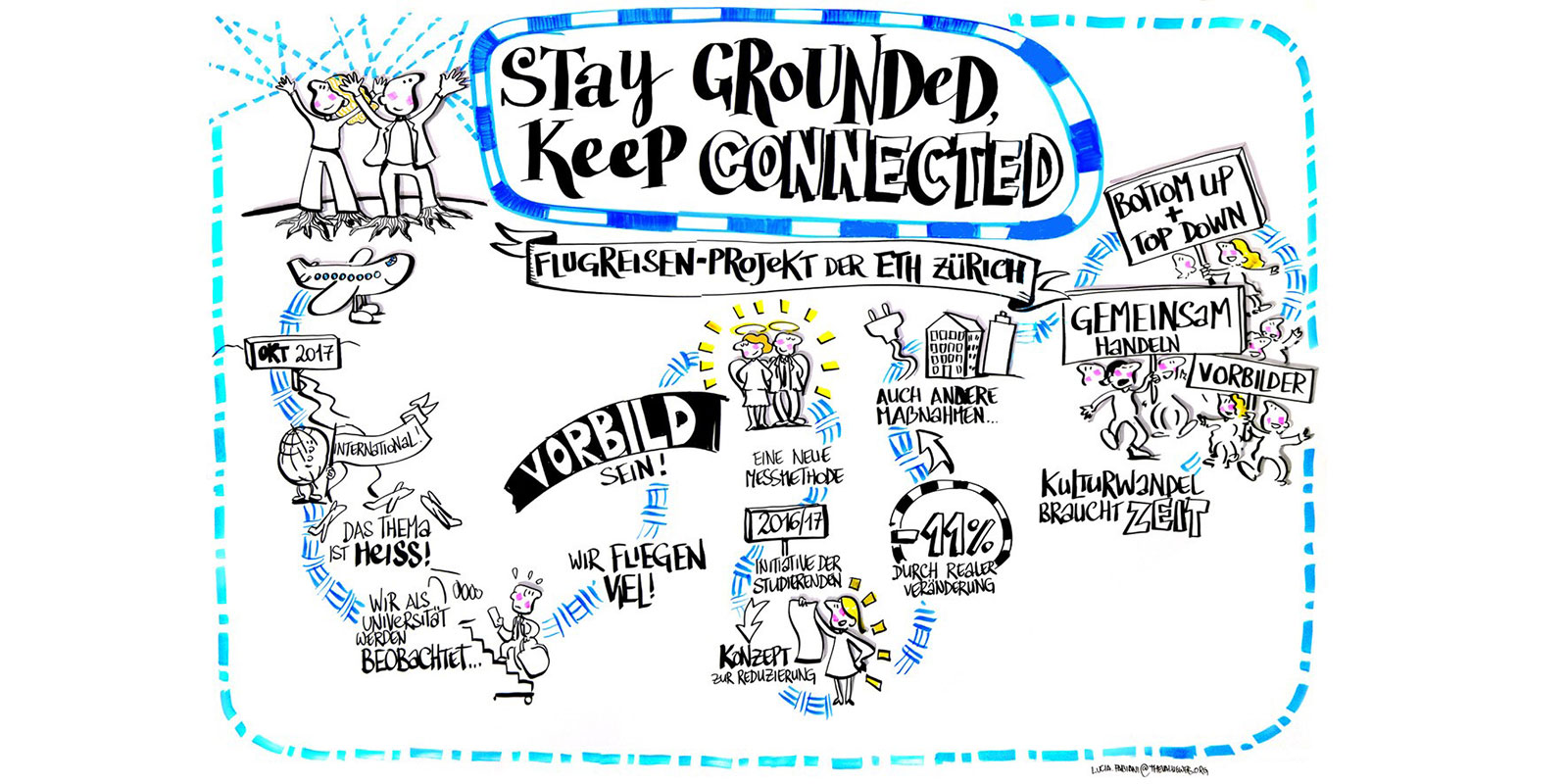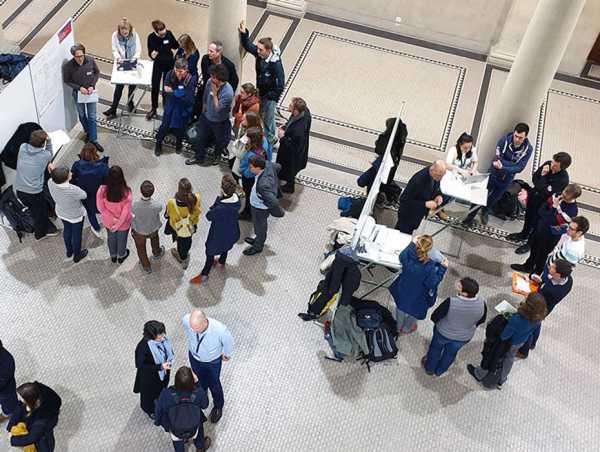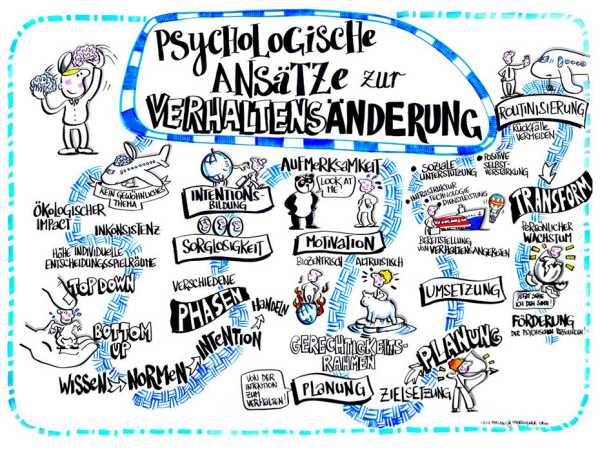How can we fly less?
ETH Zurich has launched a university-wide project to reduce CO2 emissions from business air travel. At an event held by the university, more than 200 participants discussed the ways in which individuals and ETH as a whole can change their behaviour.
On Monday, more than 200 students, researchers and employees from ETH Zurich and other universities and organisations in Switzerland attended the forum on ETH Zurich’s Air Travel Project to discover the latest developments. Workshops and discussions also offered them a chance to discuss specific ways in which they could help to reduce CO2 emissions themselves.
ETH Zurich wants to reduce flight-related emissions of CO2 and other greenhouse gases by 11 percent per capita in real terms (compared with average emissions for 2016 to 2018) by 2025. The departments and divisions have set themselves the emissions target as part of a comprehensive, participative process that seeks to promote sustainable, climate-friendly behaviour without jeopardising the career prospects of researchers or sacrificing excellence in science. This calls for creative approaches!
Taking credible action
The latest figures in air travel monitoring, said Ulrich Weidmann, Vice President for Human Resources and Infrastructure, show that the total annual volume of CO2 and comparable greenhouse gases generated by ETH members through business flights has recently levelled off at about 17,000 tonnes of CO2 equivalents.
ETH Zurich’s target may appear modest, but if one also considers the expected efficiency gains at airlines, the total reduction comes to some 22 percent. Although this is not enough in the long term, it is a big step in the right direction. In addition, CO2 emissions can also be reduced with the help of technical innovations, and the majority of departments offset their remaining CO2 emissions.
“Academia enjoys a high level of trust in society and politics,” said Weidmann. “At the same time, universities are also expected to ensure that the scientific postulates are reflected in the researchers’ behaviour. If the discrepancy between postulates and behaviour is too large, our credibility is compromised.”
The ETH project is receiving attention in academic and business circles: both in Switzerland and internationally, institutional networks of universities have formed over the past two years with the common goal of reducing CO2 emissions from official air travel, said Susann Görlinger, Co-Lead Mobility Platform and Air Travel.
Putting good intentions into practice
From the point of view of environmental psychology, ETH Zurich is making good progress overall with its Air Travel Project, said Marcel Hunecke, who researches psychological aspects of climate protection, among other topics, at Dortmund University of Applied Sciences and Arts and Ruhr University Bochum. The information and objectives underpinning the change in behaviour are defined by the university.
In Hunecke’s view, it is important that the university also provide the necessary infrastructure to support everyone who wishes to change their flying habits. “Practical knowledge is more important than factual knowledge when it comes to changing people’s behaviour,” he said in his input lecture. “We must all learn to want less without feeling bad about it.”
The participants in the forum then split off into groups to discuss topics such as “Offsetting air travel emissions: for and against”, “Which technology can make a decisive contribution (and until when)?”, “International exchange and climate protection? Conflicting goals in academia”, “Flying and ethics: what to do if others don’t play their part” and “Studying without flying, only by train or FlixBus? The sense and nonsense of mobility”.
A recording of the event and further information on ETH Zurich's Air Travel Project are available on the ETH Zurich Videoportal and on the ETH Air Travel Project web page.


